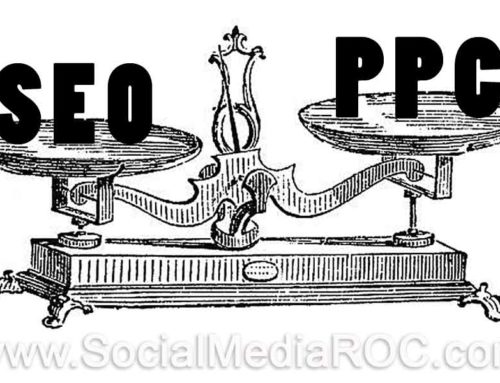Search engine optimization (SEO) is a constantly changing landscape of moving parts and pieces that effect how your website is ranked. Luckily there are tools, some of which are even free, that you can use to take some of the guess work out of it.
Check you SEO right now for FREE on our SEO CHECKER
Here’s our list of 10, really 11.. SEO tools that are either free or have a free version, that can get you started on the right track:
1. Google Webmaster Tools.
Google Webmaster Tools is a great free SEO tool that can provide some good insight about your sites performance along with recommendations from Google on how to boost the sites performance on, well.. Google. You’ll be able to find out how Google is indexing your site, certain SEO factors like meta descriptions and title tags along with recommendations on how to fix them. You can find out if you are in violation of any Google policies that will negatively effect your rankings and if there is anything “broken” within your site.
The downside to this tool is that this isn’t a simple “type your domain name” and push a button tool, it’s slightly more difficult to use requiring you to verify ownership of your domain. Verification isn’t that difficult, if you have an idea of how to fix any of the before mentioned terms on your website and have access to do so, you will be fine and it’s worth the effort.
2. SEMRush.
SEMRush has a free and a paid version. The free version is actually quite helpful with the paid version being way better of course. With SEMRush you can find out your relative SEO rank position as well as those of your competitors. You can then use their metrics to help guide your tactics in a better direction to be more competitive. (Affiliate)

3. Moz’s Open Site Explorer.
Moz’s Open Site Explorer is an amazing resource for those looking to develop backlink’s leading towards their website as an SEO tactic and increase page authority. Open Site Explorer will find and analyze all the links currently pointing towards your site and the strength of each link.
4. Moz’s Keyword Explorer.
Moz’s Keyword Explorer offers a couple of key word research tools to help you find which keywords are worth your time perusing. Discover factors about search volume, the competition for each keyword along with recommendations on which keywords might work best for you.
5. BuzzSumo.
BuzzSumo offers you a way to discover and understand the popularity of the content topics you might have on your website. This information can help with your content strategy as well as discovering influencers who might support your message.
6. QuickSprout.
QuickSprout has an impressive free SEO audit tool. You log in with your Google account and will need to grant access to your Google Analytics data. As long as you’re using Google Analytics, this is a great SEO tool to analyze SEO, traffic on your site and competition metrics.
7. SimilarWeb
SimilarWeb allows you to try their product and get 5 results per website metric along with 3 months of traffic data for free before you buy. Get insights into your website like a benchmark for your competition and industry, competitors strategy and discover possible leads and opportunities along with emerging trends. While 5 results is a good start, with the paid versions you can get way more insight into what’s happening.
8. Spider View Simulator.
Spider View Simulator let’s you see how a spider will see and index your website. Yes, there are spiders all over the web. A spider is a bot that crawls the internet, looking for and recording information. The information they record can have both good and bad results for your SEO performance. Spider View Simulator can allow you to find and change any problems before they negatively effect your websites performance.
9. SERPs Rank Checker.
SERPs Rank Checker will show you rankings of target keywords and even monitor them over time. Information which Google doesn’t just give out, but can be good to know. This information doesn’t have quite the same direct connection to your website’s SEO as it once did, but can be good to know.
10. Google Keyword Planner.
Google’s Keyword Planner was designed to help with AdWords and finding the best keywords to target with your ads. It just so happens to work really well for doing organic keyword research as well. You can use the planner to find search volumes geographically as well as alternative keyword suggestions and level of competition for those keywords. Honestly, if your an SEO junky, this is a fun tool to use and might get you hooked into using Adwords, if you aren’t already.
Also – Google Analytics.
Google Analytics because let’s face it, when it comes to SEO, everyone is always talking about Google. And when it come’s to Google and tracking information on your website it’s Google Analytics. Analytics might not be influential in helping a customer find your website, but if you are looking to learn about traffic on your website, including where traffic is coming from and what they look at once they are on your site, tracking conversion rates and more.. This is the best free tool out there. It’s a very hard tool to beat in figuring out how effective your website really is.






